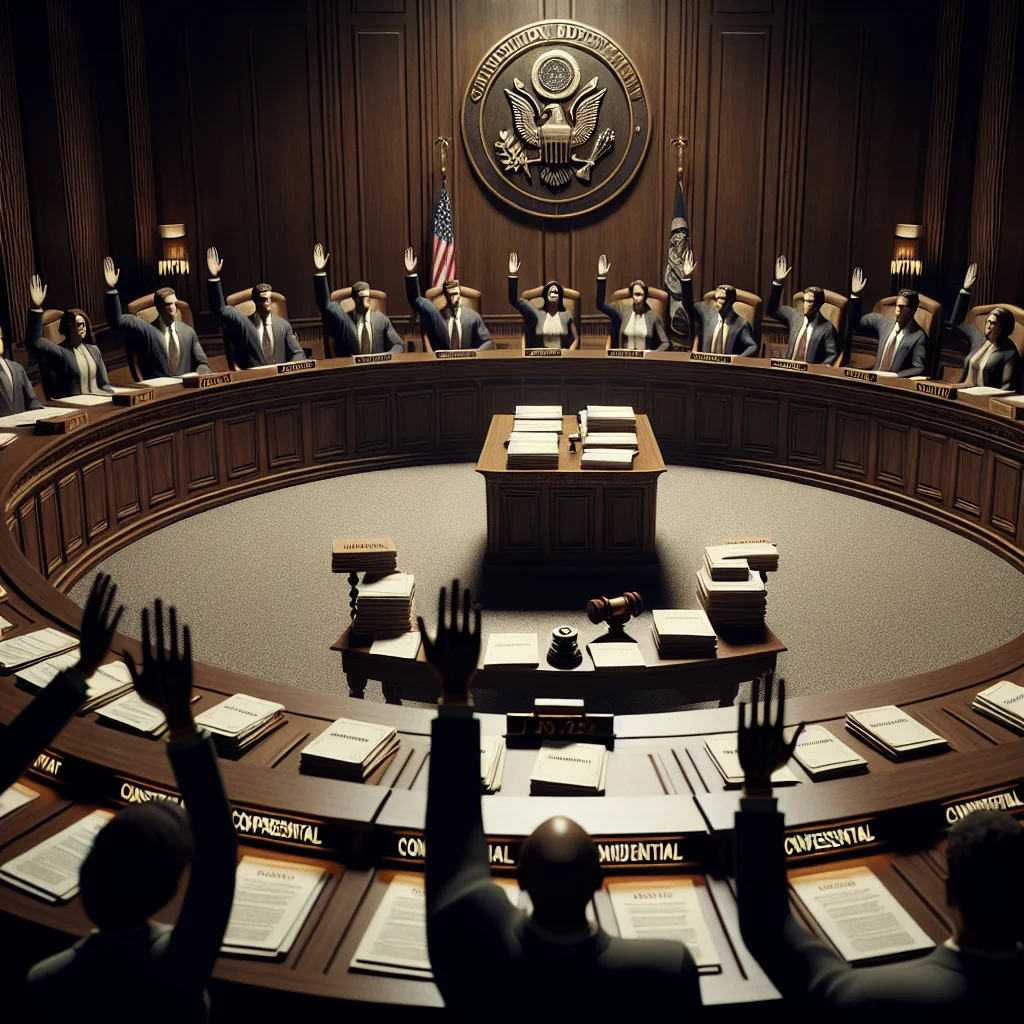
Washington, D.C. — On July 24, 2025, a powerful House Oversight subcommittee voted 8-2 to issue a subpoena to the U.S. Department of Justice, demanding the release of all files related to the investigation and prosecution of Jeffrey Epstein. The bipartisan vote underscores mounting pressure on federal authorities to increase transparency regarding the high-profile case that has continued to generate public scrutiny.
Push for Transparency in Epstein Investigation
The House Subcommittee on Government Operations and Accountability convened Wednesday morning to address ongoing concerns about withheld documents and the extent of the Justice Department's disclosures surrounding Epstein’s criminal activities, associates, and his 2019 death in federal custody. Lawmakers cited the "public's right to know" and growing calls for accountability as key reasons for issuing the subpoena.
The subpoena demands the production of investigative files, communication records, and internal reports dating from 2006 through the present, including correspondence between federal officials and Epstein’s legal teams. Several committee members emphasized the need for a thorough review to address persistent conspiracy theories and allegations of mishandled evidence.
Justice Department Response Pending
To date, the Department of Justice has released only redacted portions of its Epstein files, citing ongoing investigations and privacy concerns. The DOJ has not yet publicly responded to the House subcommittee's latest subpoena, but legal experts anticipate a possible court battle over the scope and nature of the documents demanded.
Epstein, a financier with well-documented ties to prominent political and business figures, was arrested in 2019 on federal sex trafficking charges. His death in a Manhattan jail cell was ruled a suicide by the New York City Medical Examiner, but questions about the circumstances persist, fueling continued congressional interest.
Implications for Ongoing Investigations
The House vote comes amid renewed debate about the adequacy of federal oversight and the transparency of investigations into high-profile criminal cases. Lawmakers on both sides of the aisle have expressed concern that limited access to critical documents could erode public trust in the justice system.
- Subcommittee Chair noted the bipartisan consensus for "full disclosure" of Epstein-related files.
- The subpoena is enforceable within 30 days, pending any DOJ legal challenge.
- Victims' rights advocates have praised the move, saying it could bring clarity to unresolved questions.
This latest development is expected to intensify scrutiny on the Justice Department and may influence how future cases involving high-profile defendants are handled by federal authorities. Further hearings are scheduled for August, where lawmakers are expected to question key DOJ officials about the status of the subpoena and the agency’s compliance.














